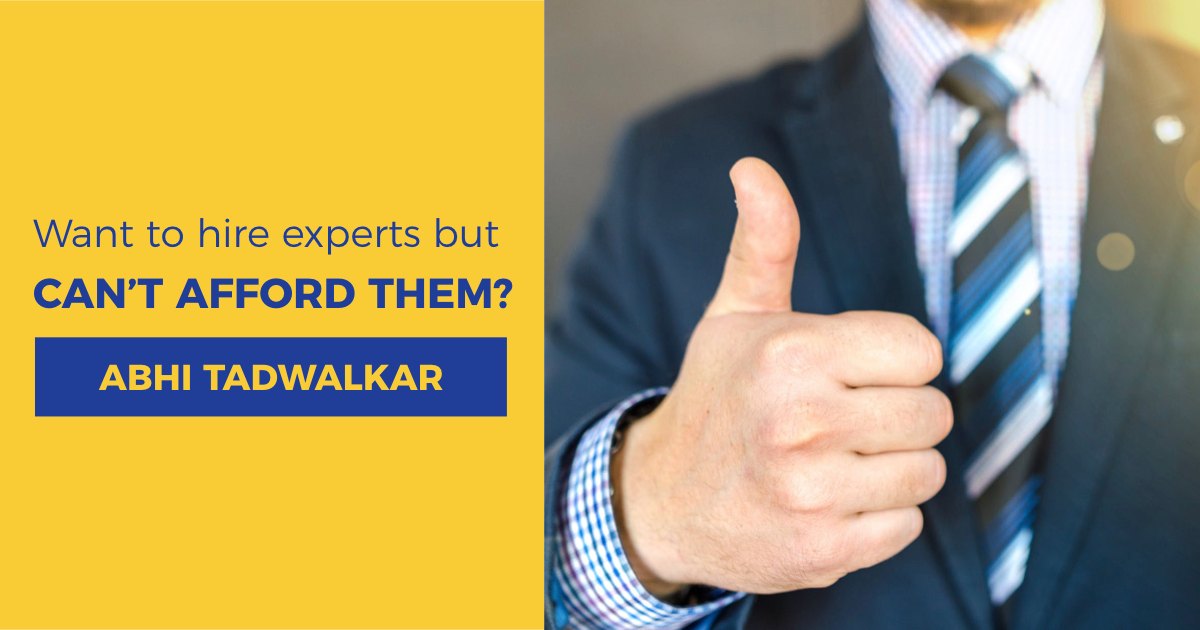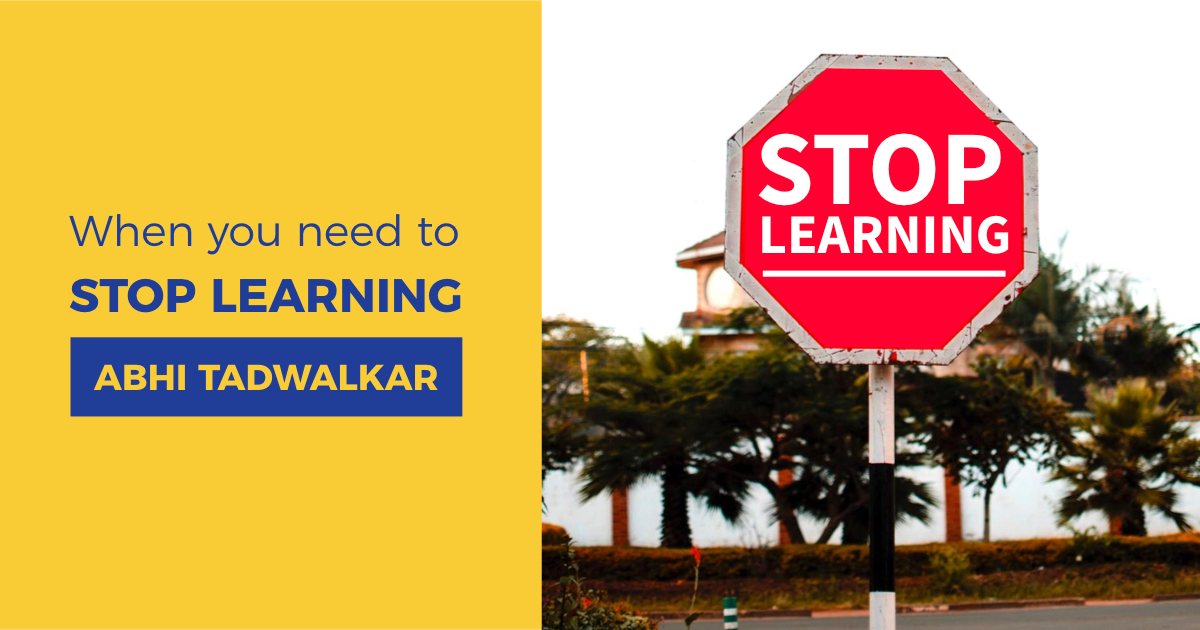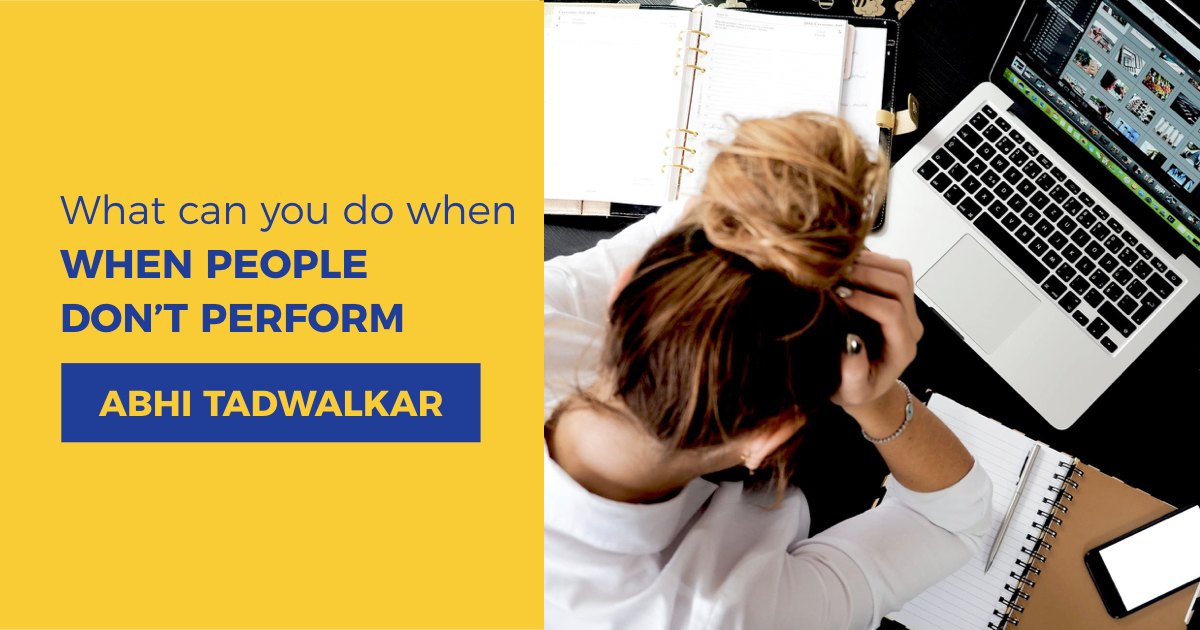When I am in a fix about whether I should risk something or not, I play a little game with myself. I have been playing this game over the last 2 years and I seem to think that I have found a pretty solid formula for when I should risk something, and when I should withhold.
When in a fix about taking a risk, I ask myself five simple questions –
1. What am I risking?
This is what are you putting on the line to win something.
The answer can be – Rupees 50K, 3 months of my free time, 6-months salary of 2 of my colleagues, peace of mind, reputation, and so on…
2. What can I win?
If your risk pays off, what will you win?
3. What can I lose?
If your risk doesn’t pay off, what will you lose?
4. What is the probability of me winning?
This has to come out of your own judgement. The more knowledge you have about the circumstances, the better will be your judgement. Therefore, it is important to get full knowledge of the situation, or seek help of a subject matter expert.
5. How important is what you will win against what you will lose?
If the probability of you winning is high, sometimes, I would still not risk it, because the ‘What I can lose’ considerably outweighs ‘What I can win’.
Sometimes, when ‘what I can lose’ considerably outweighs ‘what I can win’, but the probability of me winning is virtually 100%. Basically, this situation is not called a risk, and I will obviously take it.
One thing to consider in what I will lose is, what will I learn. Never underestimate the things you will learn.
Easy enough? Let’s take a few examples.
———–
#1 I am not sure if I should invest 50K in a relatively unknown stock for a period of three years.
Question 1 – What am I risking?
Answer 1 – I am risking 50K.
Question 2 – What am I winning?
Answer 2 – Over a period of 3 years, my normal investment will grow by about 6-8%. Mutual fund investments may grow by about 15% (which can be said to be relatively risk-free). This investment can grow substantially – even by 100% year on year.
Question 3 – What am I losing?
Answer 3 – I can lose this money. Normally, stocks don’t become ‘zero’, but my original 50K may become 40K or 30K after 3 years.
Question 4 – What is the probability of me winning?
Answer 4 – I know the owner of this company. He is a smart man with high IQ and EQ. He sold his last company for a good profit. This company is offering a product which will only grow over the next 3 years. Overall, I have a good feeling about this. So the probability of this company doing well over the next 3 years is pretty good.
Question 5 – How important is what you will win against what you will lose?
Answer 5 – I have a decent amount invested in safer options. This 50K is obviously not throw-away money, but it is not my only chance of becoming rich. I can live comfortably even if this risk doesn’t pay off, and I can make this money again through some other means.
My Decision – I will risk it.
—————–
#1 Should I skip wearing a seatbelt when I drive to office today?
Question 1 – What am I risking?
Answer 1 – Driving to office without a seatbelt on, so that when I reach the office, I can attend the meeting with a shirt without creases. I am risking running into an accident and me getting injured OR I am risking being caught by a traffic police and me having to pay a fine.
Question 2 – What am I winning?
Answer 2 – The comfort of driving without a seatbelt. A shirt without creases when I reach the office.
Question 3 – What am I losing?
Answer 3 – On the worse side, I am risking a situation in which my car crashes and I get injured when the seatbelt could have saved me. On the lighter side, I am risking the cops stopping me and taking a fine of Rs. 500 and wasting about 15 minutes of my time.
Question 4 – What is the probability of me winning?
Answer 3 – I know the city well. I am an expert driver. I am going to traverse my daily route. I drive safely and watch out for others who don’t. It is a clear day and the driving conditions are ideal. The probability of me running into an accident today is small. So the risk of the worse outcome is small.
I know the city well. I know the route well. There are plenty of traffic signals on my way to the office. On each of those traffic signals, there are traffic police who are always on the lookout for people driving without a seatbelt. I may be able to take cover behind other cars, to avoid being caught. But there is still a good chance that I will be caught.
Question 5 – How important is what you will win against what you will lose?
Answer 5 – Driving freely and having a shirt without creases is lucrative. But obviously nothing cannot be compared to running into an accident and getting injured. The chances of this happening are small.
If the traffic police stops me, I will have to pay of fine of Rs. 500 and I will be about 15 minutes late to work. More importantly, my father has taught me to obey all traffic rules and I will take a guilt trip, for this act. All this will occupy too much mindspace.
My Decision – I will not risk it.
——————-
#3 I am feeling stuck at my job and I feel my true nature is not a 9 to 5 job, but starting something of my own. Should I quit and pursue my dream?
Question 1 – What am I risking?
Answer 1 – I am risking the comfort of the pay cheque that comes on the 30th of every month. Also, I am risking my reputation – I would rather be ‘never-tried’ than ‘tried-and-failed’.
Question 2 – What am I winning?
Answer 2 – Big win – My business can take off and I can be financially independent. I can achieve scale which I would never be able to achieve in my job.
Small win – If I fail, I will still have good enough experience for some good company to hire me and pay me well.
Question 3 – What am I losing?
Answer 3 – I can lose 2-3 years of my career, when I realise I am not being successful and I was happier as an employee. A ‘Failure’ tag will be attached to me. I may lose 3-4 Lakh Rupees that I will be putting in the company. Besides, I know there are going to be small failures in my journey and I am terrified of facing them. What if I break down and become unable to support my family.
Question 4 – What is the probability of me winning?
Answer 4 – I already have good subject matter expertise in the business that I am looking to start. Or I am partnering with someone who has the subject matter expertise. So I think I have a decent chance of winning.
Question 5 – How important is what you will win against what you will lose?
Answer 5 – What I will win can make my life. I can make up for what I lose in the next 3-5 years. I can always shut down my business and go back to my job. This time, my employer will probably pay me higher because of all the experience I gathered in those 2-3 years.






